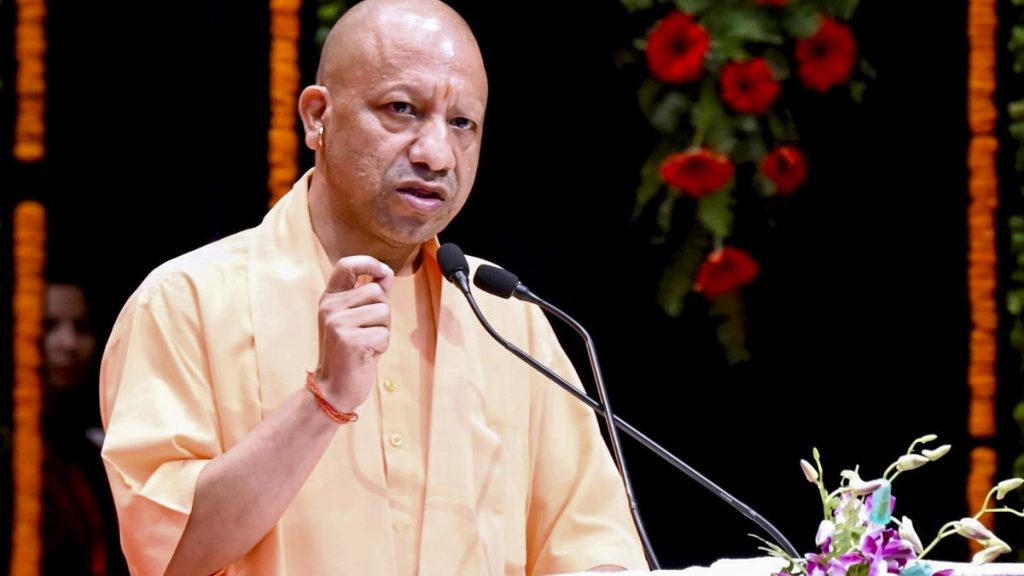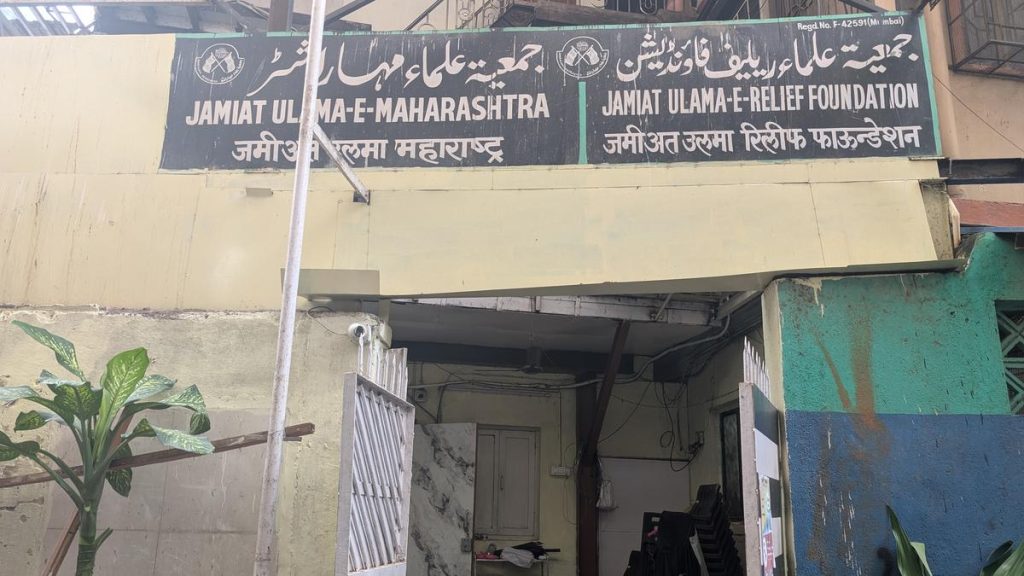Now Reading: Child Asthma Risks Rise Amid Pollution Rollbacks, CDC Budget Cuts
-
01
Child Asthma Risks Rise Amid Pollution Rollbacks, CDC Budget Cuts
Child Asthma Risks Rise Amid Pollution Rollbacks, CDC Budget Cuts

Swift Summary
- EPA Administrator Lee Zeldin announced plans to roll back 31 regulations, with 12 targeting air pollution controls aimed at preventing asthma attacks and other respiratory issues.
- the Environmental protection Network projects these rollbacks could lead to over 100 million additional asthma attacks through 2050.
- The Department of Health and Human Services (HHS) eliminated the CDC’s Asthma Control Program earlier this month,cutting funding for state programs addressing childhood asthma.
- EPA estimates that regulations targeted in the rollback, such as the “good neighbor” rule, would reduce premature deaths, hospital visits, and prevent thousands of asthma diagnoses annually while saving $13 billion in healthcare costs from improved air quality by 2026.
- The Trump administration’s February executive order established a Make America Healthy Commission to address chronic childhood diseases like asthma but contradicted its goals by reducing regulatory protections and eliminating federal asthma programming.
Indian Opinion Analysis
The rollback of key environmental regulations appears poised to increase health risks for populations vulnerable to air pollution. Asthma rates among children-a public health issue referenced in U.S. policy documents-may rise due to relaxed restrictions on emissions and smog-producing activities. Economic arguments behind deregulation likely emphasize reduced burdens on industry profitability; however, this appears offset by significant projected healthcare costs related to unmanaged respiratory illnesses.India could derive lessons from these developments as it balances industrial growth with public health imperatives amid rising urban pollution levels domestically. A important takeaway is the demonstrated importance of institutional frameworks like dedicated health programs (e.g., CDC’s eliminated office) that directly respond to environmental impacts on disease prevention-a strategy Indian policymakers could consider strengthening as urbanization accelerates nationwide with comparable challenges such as rising respiratory conditions linked directly w Delhi etc
























